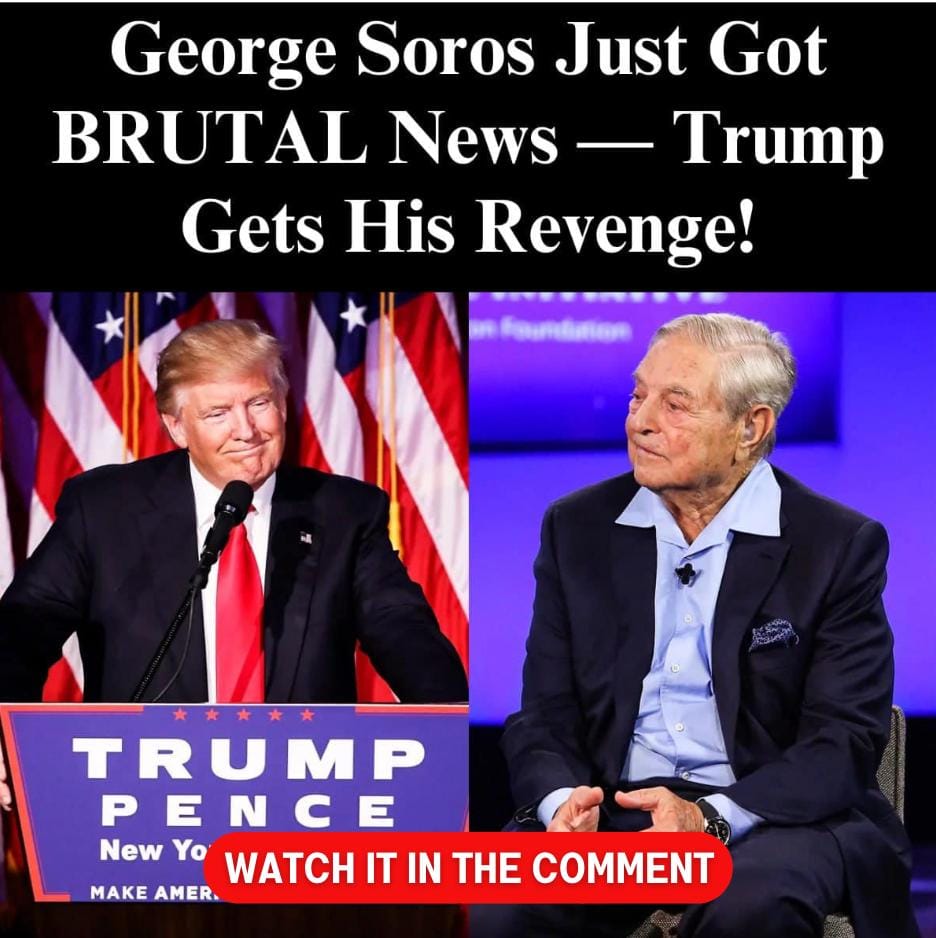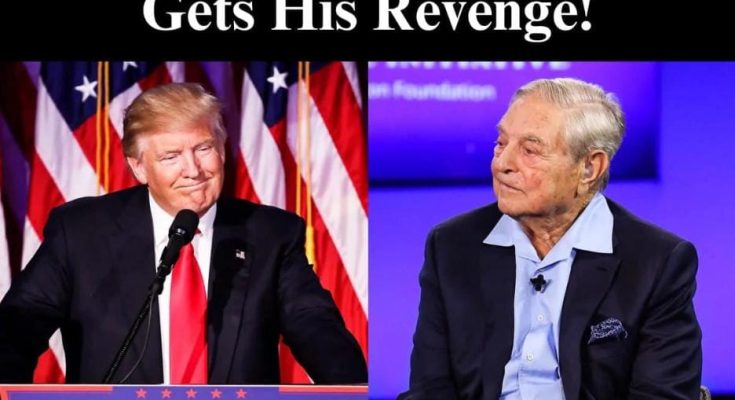
The meeting comes amid growing Republican scrutiny over the deal, with many lawmakers voicing concerns about foreign ownership and the regulatory process followed by the FCC.
Federal Communications Commission (FCC) Chairman Brendan Carr is scheduled to provide a crucial update on the agency’s ongoing investigation into George Soros and his potential influence over local radio stations during a high-stakes meeting with Republican lawmakers this Wednesday.
According to reports from Fox News, Carr will address members of the Republican Study Committee, which consists of 175 House Republicans, at their annual closed-door lunch. His remarks are expected to delve deeply into Soros’s role in local radio stations, specifically examining his connections to an investment firm that acquired over 200 Audacy radio stations across the United States last year. This acquisition has raised alarms within the Republican party, with many lawmakers questioning the implications of foreign ownership of American media outlets.
The timing of this meeting comes amid growing Republican scrutiny regarding the deal and the broader issue of media consolidation. Lawmakers have voiced serious concerns about the regulatory process followed by the FCC and whether proper oversight was in place when it came to approving such significant media acquisitions by a firm linked to Soros, who has long been a subject of political controversy due to his financial involvement in various political causes.
Carr’s briefing is expected to address these concerns, particularly focusing on whether the FCC appropriately followed the rules and regulations governing foreign influence and media ownership. Republicans, including many members of the Republican Study Committee, have raised questions about the level of transparency involved in the deal and whether the investment firm’s acquisition of Audacy stations could lead to undue foreign influence over local news and programming. They argue that allowing such acquisitions could potentially compromise the independence and diversity of local media outlets, which play a critical role in informing the public.
The issue has sparked a broader debate over the concentration of media ownership in the hands of a few powerful entities, as well as the potential risks posed by foreign investments in American media. Critics argue that such consolidations could limit the range of viewpoints presented to the public, particularly at the local level, and may enable wealthy, influential figures like Soros to exert significant control over public discourse.
In response to these concerns, the FCC, under Carr’s leadership, has pledged to closely examine the situation and ensure that any deals involving foreign ownership of media outlets comply with the agency’s regulations designed to protect the integrity of American media. Carr’s forthcoming update is likely to clarify the steps the agency has taken in investigating Soros’s involvement and address any potential regulatory shortcomings.
The meeting with the Republican Study Committee highlights the growing bipartisan scrutiny of Soros’s influence in American media, with lawmakers from both sides of the aisle calling for greater accountability and transparency in media ownership. This investigation and the broader debate over media consolidation are expected to continue shaping discussions on Capitol Hill in the coming months as policymakers weigh the balance between protecting the independence of local media and fostering an environment conducive to investment and innovation in the media sector.
As the FCC’s investigation unfolds, lawmakers and media experts will be closely watching how the agency handles these concerns and whether further regulatory actions will be taken to ensure that foreign ownership does not undermine the integrity and diversity of local radio programming. For now, all eyes are on Chairman Carr’s update, which could have significant implications for both the future of media ownership and the political landscape surrounding media consolidation in the United States.


